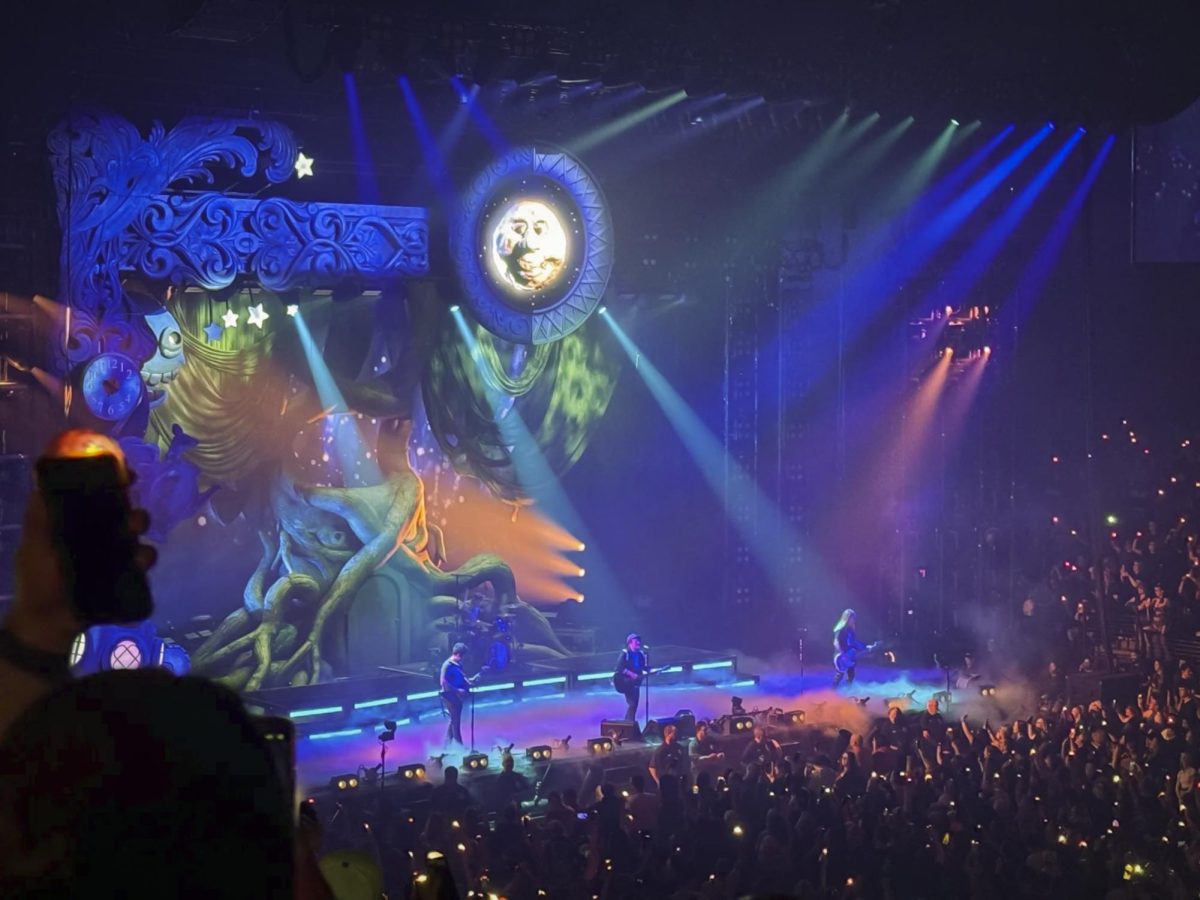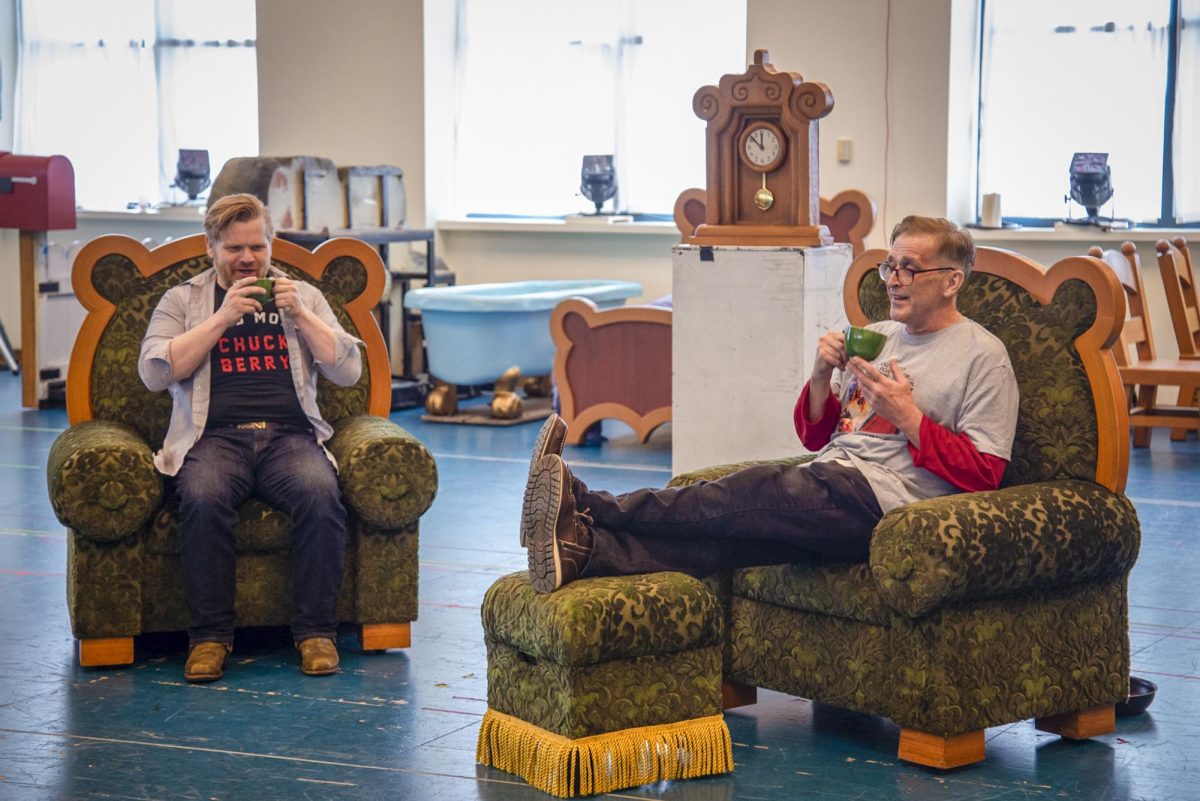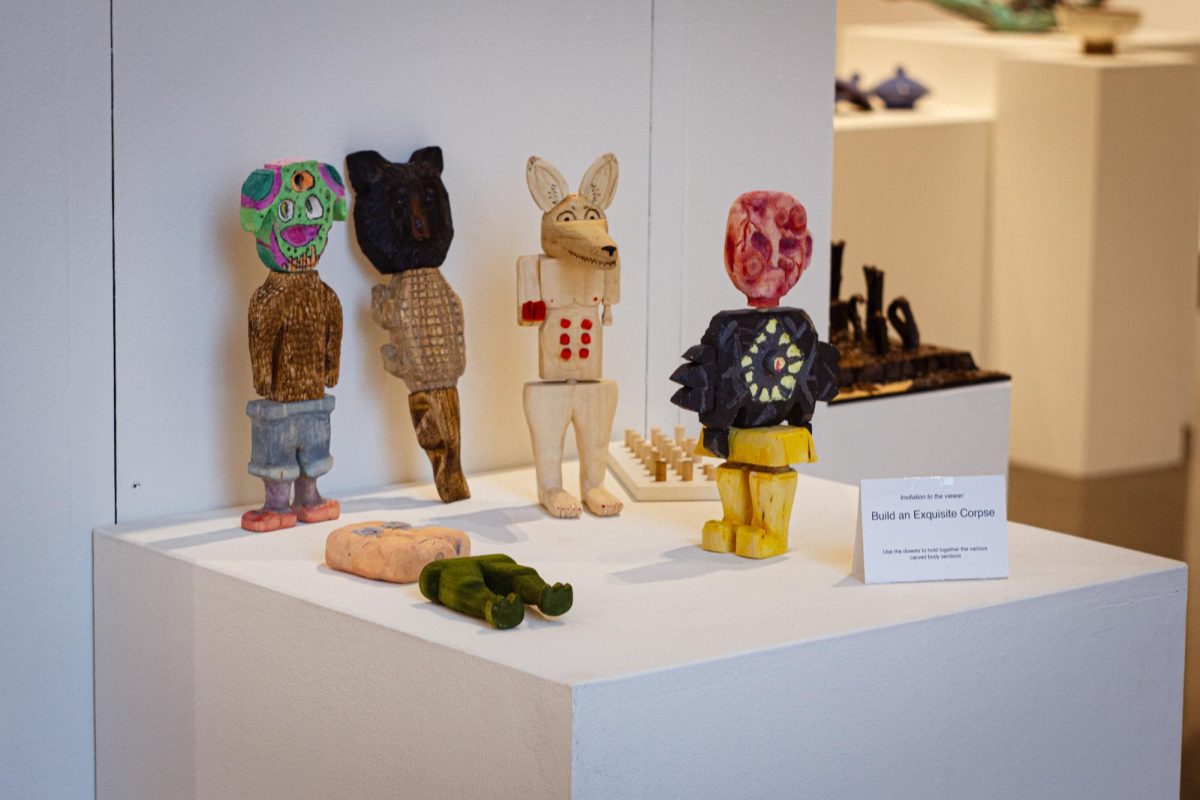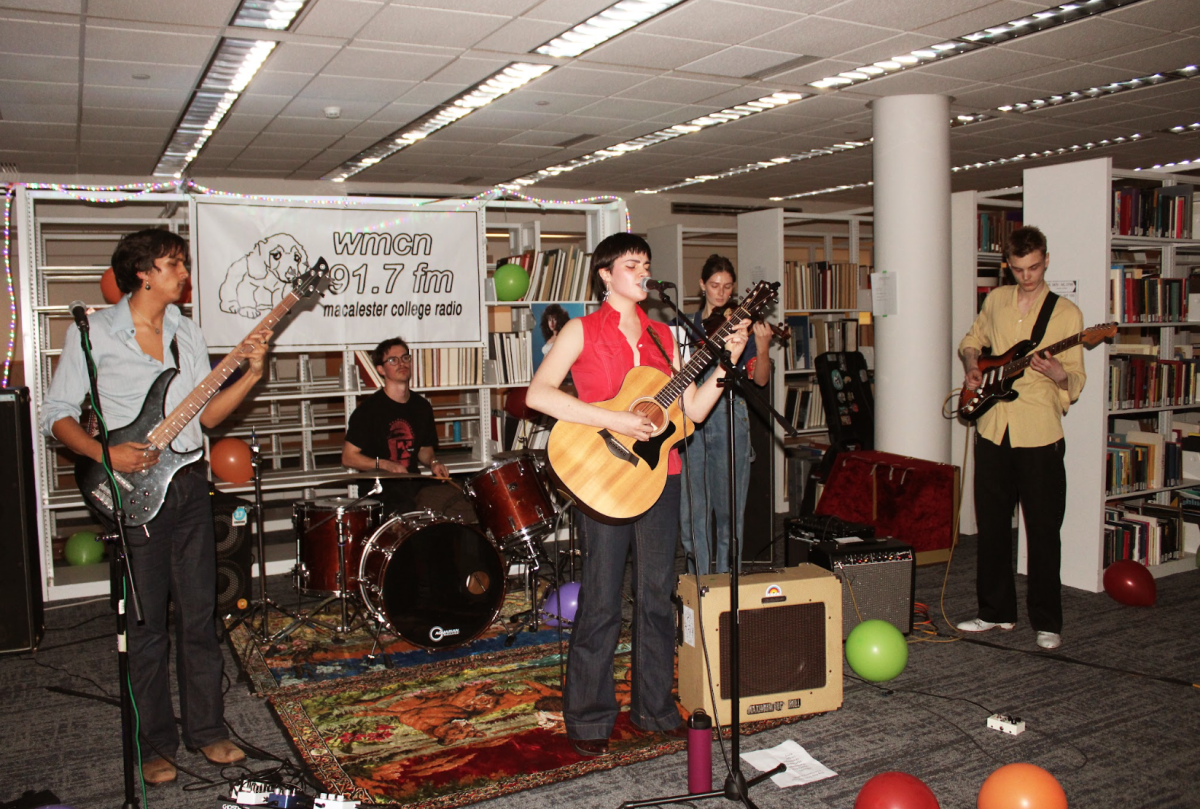
Zauner’s career had reached a crossroads when she put together Psychopomp. She was living in Oregon with her husband in the aftermath of her mother’s death, thousands of miles away from the band she’d toured with for the past several years. “I didn’t think it was going to go anywhere, to be honest. I had been in this touring punk band with two records that never really got to a point where we weren’t paying to play, basically. So I had really decided that that career path wasn’t right for me,” Zauner said. Growing up in a do-it-yourself community, Zauner had no illusions about the prospects of supporting herself as an artist. “My family wasn’t very encouraging, mostly just because they didn’t want me to lead a life of struggle. And the punk community that I worked with also had this mentality that no one owes you anything,” Zauner said. She was seeking stability and pondering finding a job outside of music before recording the new album, and she saw it as a way to spill out her feelings before moving on toward a new path.
When Zauner began putting together Psychopomp, her goal was to release it on vinyl. It was her first record over which she had complete creative control. “It happened pretty quickly; it was like a two-week process actually recording it, then I sat on the record for like two-and-a-half months, and I just wasn’t happy with the way the songs were being mixed or the way it was sounding,” Zauner said. At that point she brought in her friend Ned Eisenberg to mix the record. “We started pulling things apart a little bit more, adding synths and samples and speeding up certain songs,” Zauner said.
Writing activates Zauner’s memory. Psychopomp served as “a private project to simultaneously distract myself and talk myself through it [her mother’s death],” Zauner said. Tracks like “In Heaven” find Zauner exploring her reaction to her mother’s passing, reaching for spirituality like she never thought she would. In the track, a dog wanders into Zauner’s mother’s empty room, confused about where her caretaker went. “It spoke a lot to my own feelings,” Zauner said of the album’s opening song. “As a human being, I know exactly what happened; I know where my mom went, but I’m also very confused as to where she went, and how much I can allow myself to believe in something I don’t understand as someone who champions science and technology,” she continued.
Writing tracks about her mother allowed Zauner to tap into previously lost memories. “[During her illness], I couldn’t remember my mom not sick,” Zauner said. “I was very involved in her caretaking, and it was really hard for me to see my mom go through that. And so for months, almost a year, I just didn’t have memories of my mom that weren’t of her sick, and I would have these dreams about her where she was sick,” she continued. “I think in a lot of ways writing this record, and writing in general, has been a way of trying to undo that and trying to remember the nice things.”
Zauner’s economy of words distinguishes her writing style. Tracks like “Rugged Country” and “The Woman That Loves You” offer entire arcs of fear and heartbreak within two verses. She studied creative writing in college, consuming the short fiction of Raymond Chandler, Richard Ford and Marilyn Robinson and learning to pack a punch in the restricted, under-four minute length of most of her songs. She’s amended the dirty realism characteristic of Chandler and Ford’s writing to what she calls “K-Mart realism.” Zauner explained, “Neither of my parents went to college, and I grew up in a household with an immigrant mother, so my vocabulary isn’t so extensive. I’ve always joked that I don’t know any idioms.” Her upbringing made her especially moved by words and phrases that were easy to understand. “You don’t need to have these three-dollar words if you paint a real moment,” Zauner said. “It’s not very flowery,” Zauner said of her writing style. “It’s rooted in words you would just use on a day-to-day basis.”
Ford’s Rock Springs changed the way she thinks about place in her writing. She cites it along with Philip Roth’s portrait of New Jersey in American Pastoral as inspiration for her own style that brings “an eerie, but majestic Pacific Northwest kind of vibe” reflective of her Oregonian upbringing. The influence of Robinson’s Housekeeping, which is set largely in a single house that takes on a character of its own, is evident in the fully-realized cars, bedrooms and hallways of Psychopomp. You can hear the places Zauner has lived in her records. Her brusk punk records with Little Big League spoke to her fear of moving to a big city. “When you live in Philadelphia, when you say goodbye to someone, you say ‘be safe.’ And that really struck me as scary,” Zauner said. A big city carries seemingly endless stories of random acts of violence, including ones suffered by loved ones of Zauner’s, and that anxiety fed into the coarseness of her work. Her Oregon-based tracks tend to focus more on happy childhood memories, like the piles of burning blackberry bramble she and her dad would assemble.
Last Tuesday, Japanese Breakfast released the music video for “Everybody Wants to Love You,” perhaps the catchiest track on the album. Like the track itself, it’s exuberant; it evokes every single relationship you’ll ever have, from the briefest fling to the longest-term romance. In the video, Zauner drunkenly shoots pool, throws a beer can at a pickup basketball player and rides on the back of a motorcycle in a Korean hanbok dress. She wrote the track six years ago about “a very sweet, generous, loving situation that was just for one day,” she explained. “I felt so cocky about that experience… but I think it was like so tongue-in-cheek that it also feels sort of lonely in a way. For me at least, it’s this feeling that everybody wants to love you, but it’s not whole,” she said.
That’s the feeling of listening to Psychopomp: of being overwhelmed by competing emotions. It’s an album that both celebrates and mourns, and seeing it performed live in a great venue is a rare privilege. Catch Japanese Breakfast at 7th Street Entry with Porches and Rivergazer next Wednesday, September 28.

















Brandon Gill • Sep 5, 2019 at 10:10 am
Hello, how’s it going? Just shared this post with a colleague, we had a good laugh.
BotLike • Aug 23, 2019 at 7:16 am
Auto Like, Increase Likes, Autolike International, auto liker, autolike, Working Auto Liker, Photo Liker, ZFN Liker, Photo Auto Liker, Auto Liker, auto like, Autoliker, Status Liker, Autoliker, autoliker, Autolike, Status Auto Liker